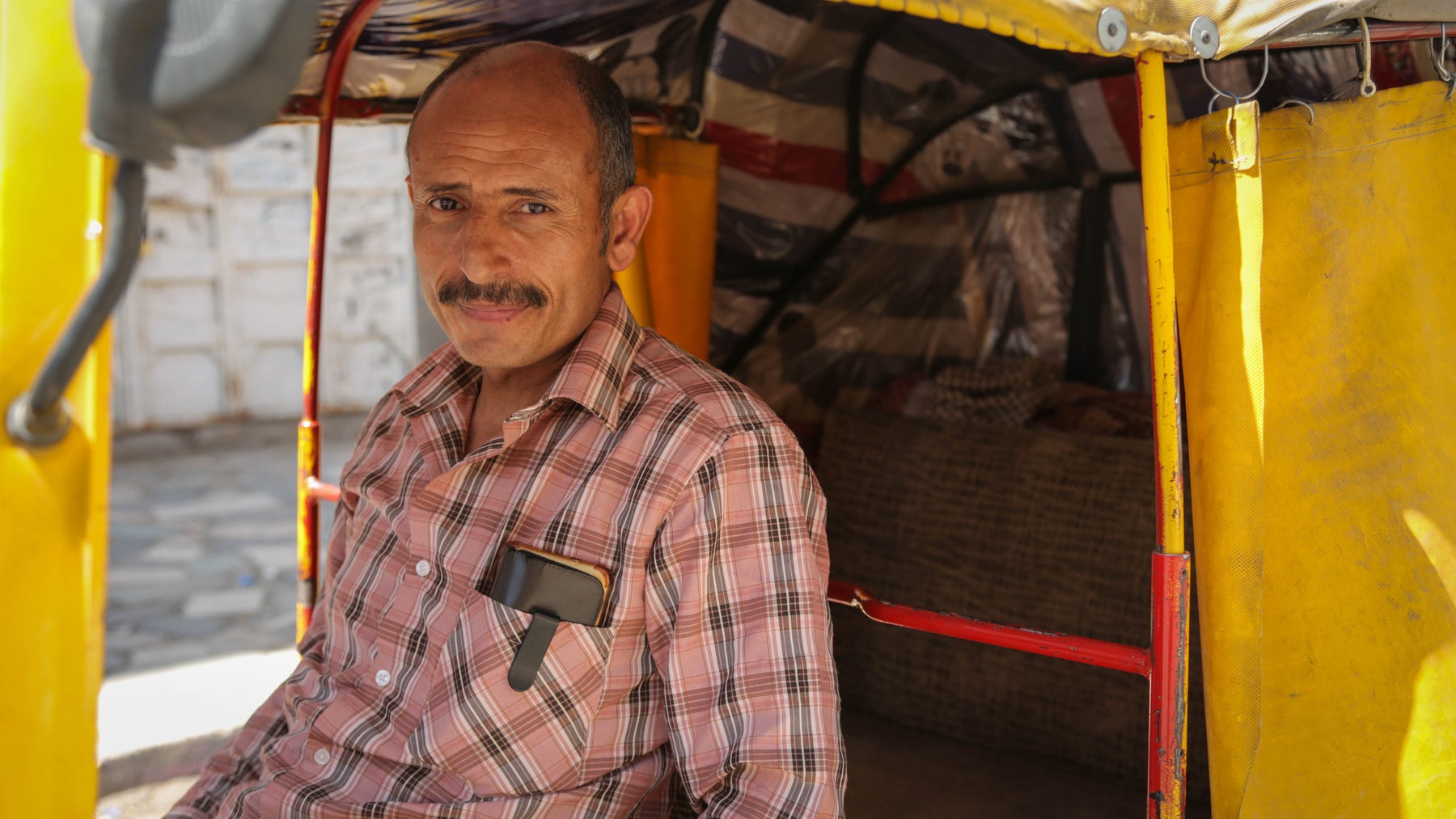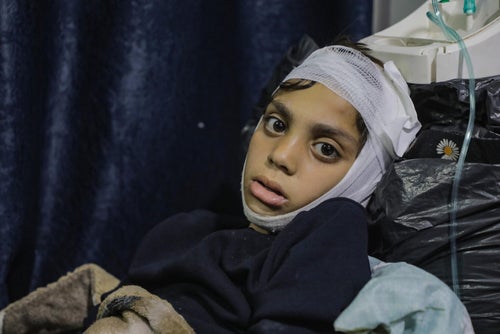For over 25 years Mohammed has been a teacher. He thrived educating Yemeni children and watching them grow up to become doctors, engineers or whatever they wanted to be.
The 49-year-old lives in Yemen’s capital, Sana’a, with his wife and three daughters. His eldest, Hanan is studying Medicine, Suzanne recently left high school to study at the English Language Institute and his young daughter is in sixth grade at school.
“Our life was enjoyable and excellent,” he says.
Sadly, things are different for Mohammed now as Yemen continues to face one of the worst humanitarian crises on earth.
Ongoing conflict, natural disasters, the spread of disease and economic instability have ground essential services to a halt and forced millions of Yemeni families into poverty. An estimated 11.3 million children are in need of humanitarian help.
Not long after being promoted to deputy head teacher at his school, Mohammed was forced to leave the career he spent over two decades building. Like thousands of other Yemeni teachers, he had not been paid a full salary since 2016 due to a breakdown in the education system.
Two million children are currently out of school – that’s roughly the same as every child in New South Wales being out of school.
While speaking to our team from his home in Sana’a, Mohammed proudly shows off the certificate he received during his career.
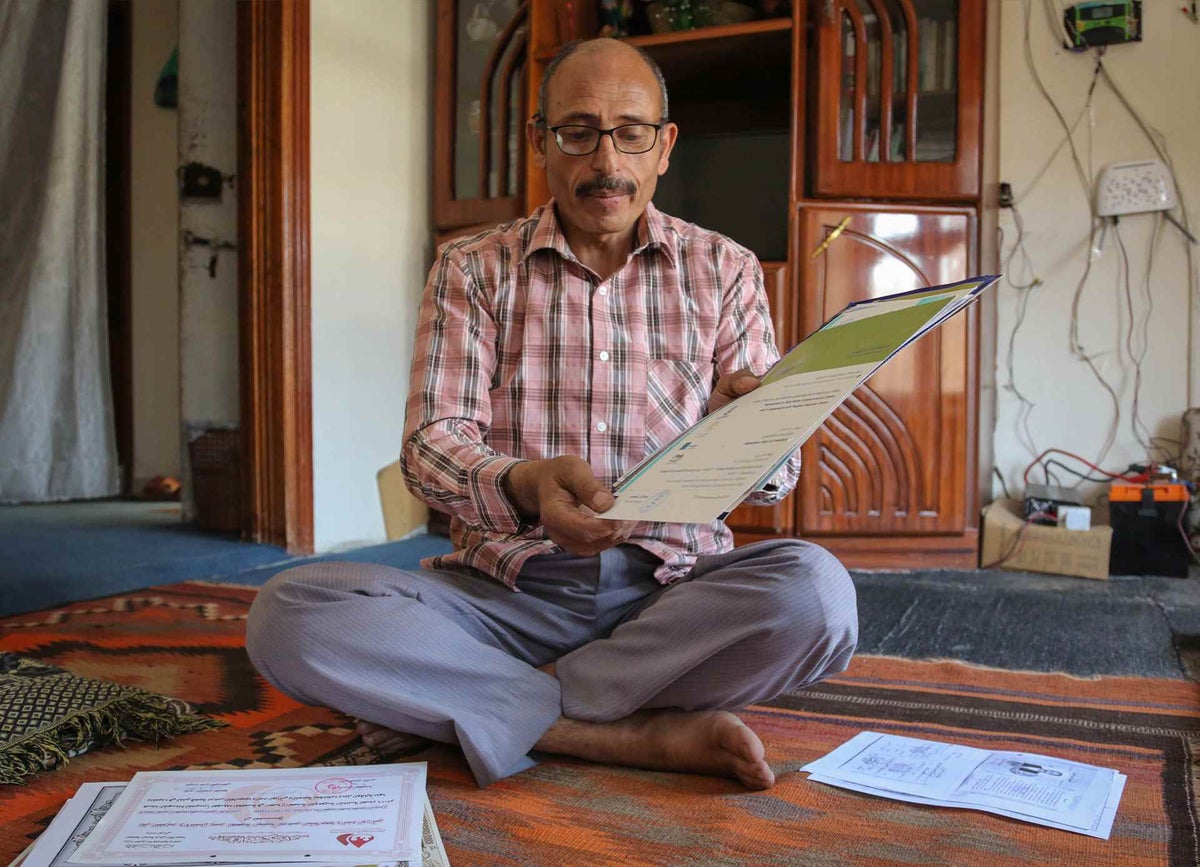
“Life needs have become very hard to meet,” says Mohammad. "Teaching is no longer fulfilling the purpose, so I found myself forced to abandon teaching and find other work that can help my family keep afloat.”
An estimated 171,600 teachers, or two thirds of the teaching workforce are in the same boat – having not received a regular salary for four years. This puts nearly 4 million additional children at risk of missing out on their education as unpaid teachers are being forced to quit teaching.
“We really suffered because of a lack of income, so we tried to go for different kinds of work but we could not,” he says. “As teachers, we do not have experience except in teaching.”
In order to support his family and enable his daughters to keep up their education, Mohammed found work as a tuk-tuk driver. He has now swapped the classroom and for the roads of Sana’a. While Mohammad is able to try and provide for his family, 85 per cent of the country’s children are living in poverty.
"It hurts the students’ souls when they find all teachers abandoning teaching."
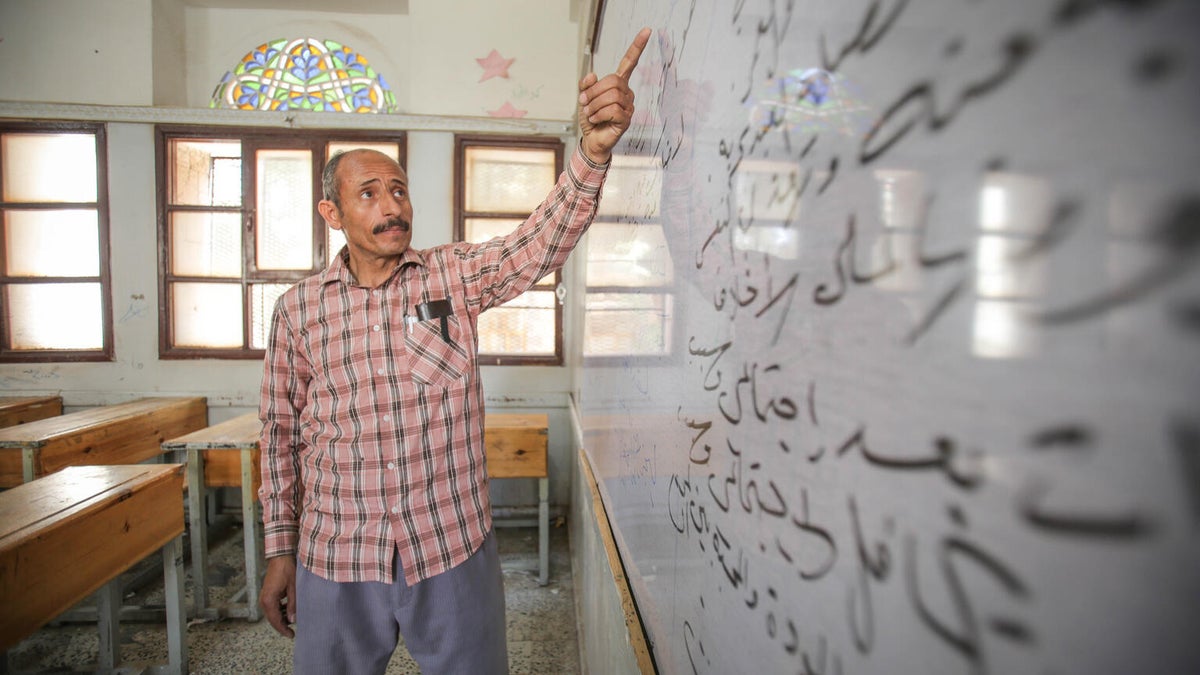
Why Mohammed went from deputy principal to taxi driver
Yemen's education system is on the brink of collapse. More than 160,000 teachers across the country have not been paid their regular salaries since 2016. This is Mohammed's story. https://www.unicef.org.au/appeals/help-children-in-yemen
But it’s the faces of the children that upsets Mohammed the most. He recalls with sadness how his students stopped waiting for him outside class when he started operating his tuk-tuk taxi.
“It hurts the students’ souls when they find all teachers abandoning teaching.”
Looking ahead, Mohammed is deeply concerned for the future generations of Yemen who are going without their fundamental right to education.
“It will lead to the collapse of education, and when education collapses, values and fundamentals collapse," he says.
"The nation also collapses…. I hope they [the authorities] focus on the conditions of the teacher. Teachers are the basis of any society, of progress.”
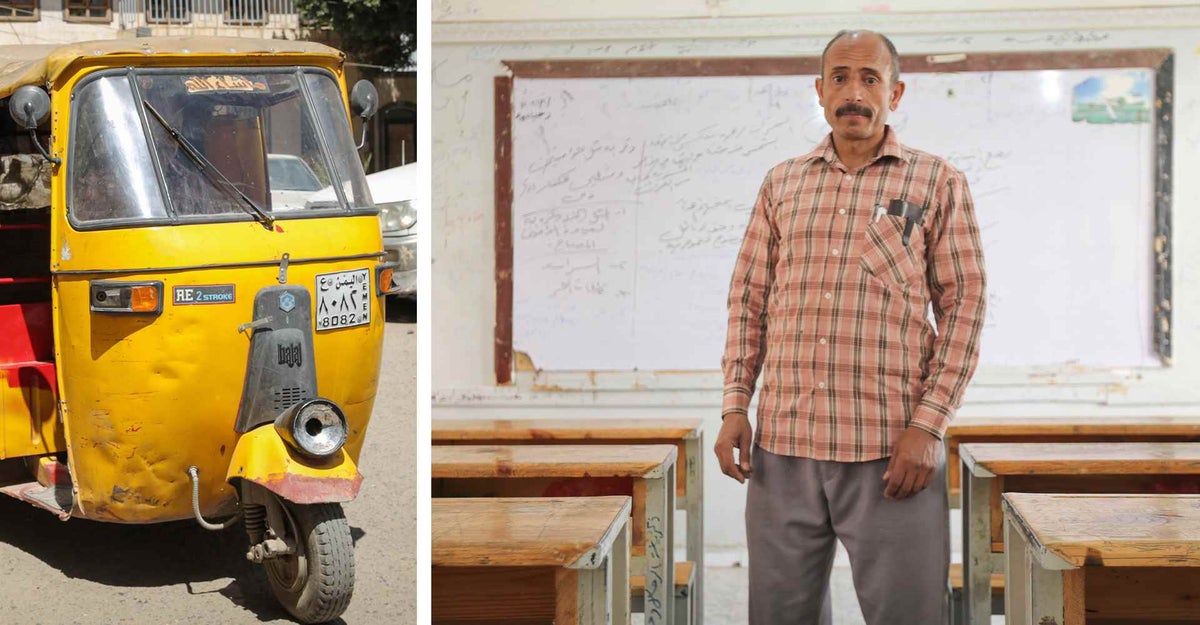
UNICEF has been on the ground in Yemen since the crisis began. Through conflict and disaster, our work never stops to protect every child. To prevent the collapse of the education system UNICEF has provided:
- Incentives to more than 117,000 teachers like Mohammed helping them to pay for transport and continue teaching
- Learning materials to help more than 578,000 children continue their education
- Learning supplies and personal protective equipment allowing more than 427,000 students to sit their exams
Mohammed's story is one of thousands as other Yemeni families struggle to support their families or provide their children with an education.
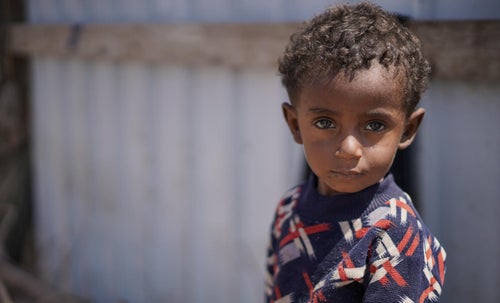
Help us keep delivering education supplies in Yemen
It is eight years into the conflict in Yemen, and the situation is only getting worse.
Related articles
Stay up-to-date on UNICEF's work in Australia and around the world



